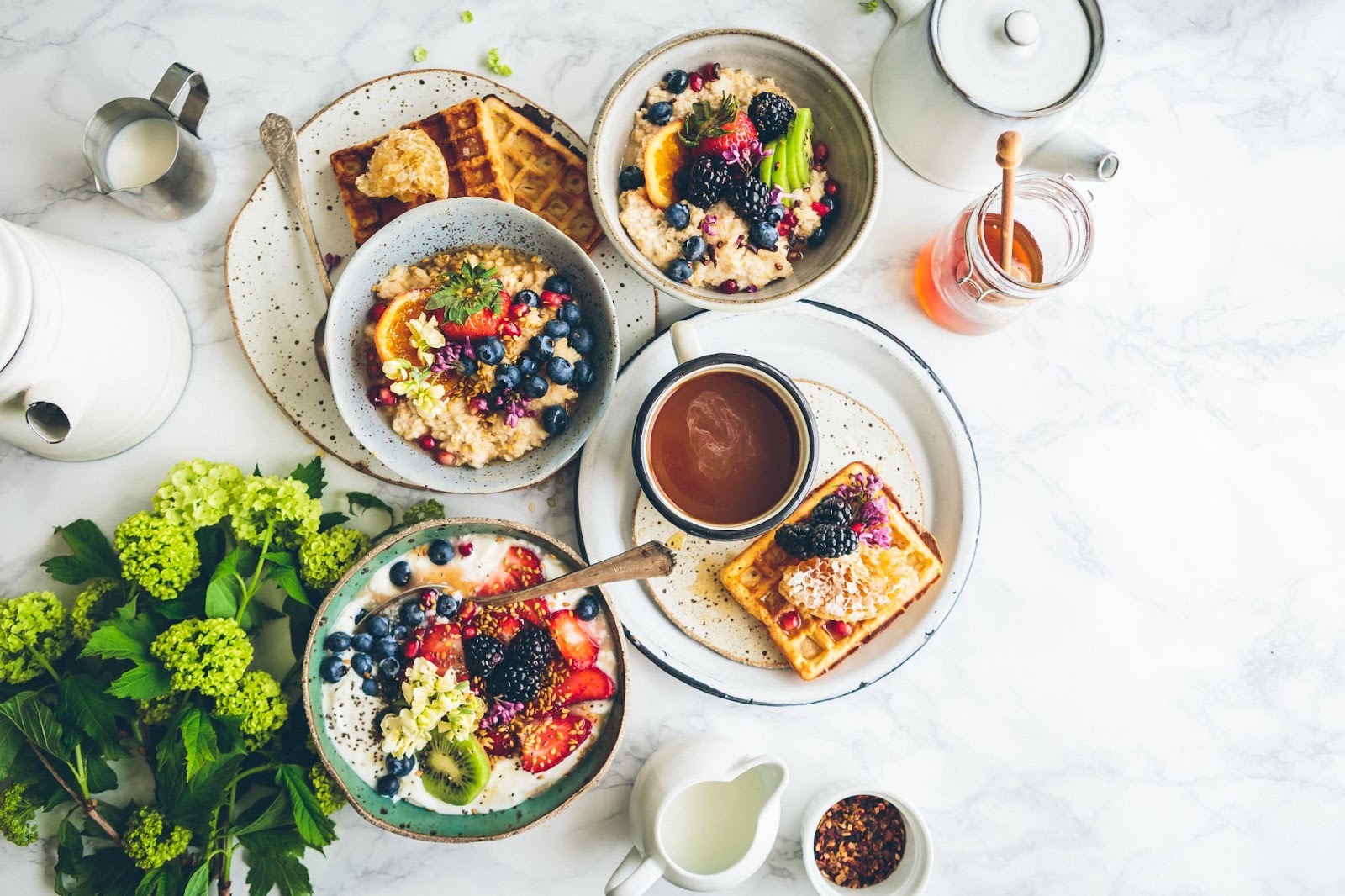Mental Health: How Your Gut and Brain Are Linked

Understanding the link between gut microbiome and the gut-brain connection is a vital first step towards making a substantial difference in long-term mental health and preventative health care. As “almost 60% of us shy away from talking about our gut health. Not only could this keep us enduring uncomfortable symptoms, but it could be dangerous for our health.” (UK Gut Health Report 2023)
The gut microbiome is a complex ecosystem of bacteria, fungi, and other microorganisms that play a crucial role in overall health, including digestion, immune function, and mental health.
Universal expressions such as ‘feeling butterflies in our stomach’ or ‘gut-wrenching experience’ make sense. As “the gastrointestinal tract is sensitive to emotion. Anger, anxiety, sadness, elation — all of these feelings (and others) can trigger symptoms in the gut. The brain and the gastrointestinal (GI) system are intimately connected.” (Harvard Health Publishing)
This is because the gut and brain are interconnected through the gut-brain axis, a two-way signalling pathway between the gut and the central nervous system which can influence mood and behaviour.
Can live bacteria supplements help?
So what can we do to have greater control over our mood? Well, there’s growing evidence to suggest that a gut health oriented diet can improve mood and reduce symptoms of anxiety and depression. (Harvard Health Blog) As well as research that indicates that live bacteria could be an ‘early intervention’ strategy for individuals experiencing mood disorders.
Live bacteria supplements typically contain strains of beneficial bacteria such as Lactobacillus and Bifidobacterium, which stimulate the production of antibodies and other immune cells and improve gut barrier function, which reduces inflammation and the risk of intestinal disorders. (Healthline)
What does the research say?
In 2022, the University of Oxford published results from a randomised double blind placebo controlled clinical trial that examined the effect of Bio-Kult’s blend of 14 bacterial strains, on low mood and emotional salience. (National Library of Medicine) Which demonstrated that “taking a probiotic for just four weeks improves mood, emotional processing and our ability to read faces.” (Medical Journal Association)
Researchers enrolled 71 individuals with self-reported low mood and observed:
A downward trend in awakening salivary cortisol concentrations after 4 weeks of Bio-Kult intake.
Bio-Kult intake significantly reduced (-50% from baseline) depression scores on the PHQ-9.
Bio-Kult intake significantly improved concentration after 4 weeks of supplementation.
So, what can we do to improve our gut health?
One of the simplest and most effective ways is to eat a healthy, balanced diet, boosted by live bacteria supplements and fermented foods. As both contain live bacteria that can colonise the gut and compete with harmful bacteria, to restore the balance of the gut microbiome.
Fermented foods are often easier to digest than non-fermented foods, as the fermentation process breaks down complex sugars and other components into simpler, more easily digestible forms. This can help to reduce digestive discomfort and improve nutrient absorption. Examples of fermented foods include yogurt, kefir, kimchi, sauerkraut, and kombucha.
Expert recommended gut health breakfasts
Starting your day with a good gut health orientated breakfast will help you get on top of your immunity, which can be both affordable and nutritious, with items such as oats, kefir, yoghurt, apples, berries and seeds.
Warm Option: Porridge topped with chopped or stewed fruit, nuts and seeds.
Cold Option: Oats mixed with grated apple and live yoghurt or kefir, topped with blueberries and toasted seeds.
Either way, sprinkle in an opened capsule of Bio-Kult Brighten for an extra dose of gut support. The advanced multi-strain formulation contains 14 gut-friendly live bacterial strains shown to survive the high acidity of stomach acid. As well as vitamins B6 and B12 which contribute to normal psychological function and the reduction of tiredness and fatigue, as well as vitamin D3 and zinc which all contribute to the normal function of the immune system.
Overall, maintaining a healthy gut is essential for overall health and well-being, both physically and mentally. By taking care of our gut, we can support our mental health and improve our mood, emotions, and cognitive function. So, go ahead and indulge in that bowl of yoghurt or sauerkraut – your gut (and your brain) will thank you for it!
*Keep in mind, a gut health-oriented diet is just one aspect of a holistic approach to mental health and should be considered in conjunction with other lifestyle factors, such as regular exercise and stress management techniques. Also the effectiveness of a live bacteria supplement can depend on a number of factors, including the strain of bacteria, the dose, and the individual’s unique gut microbiome. It’s always a good idea to consult with a healthcare professional before starting a probiotic supplement to ensure that it’s appropriate for your individual needs.






